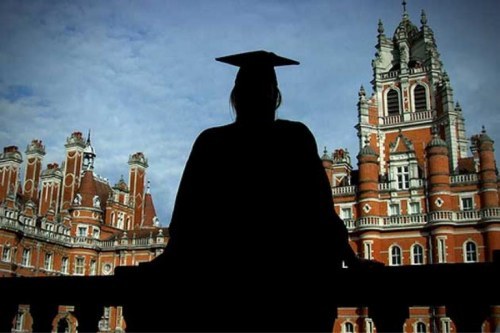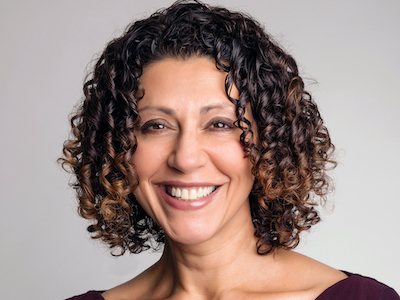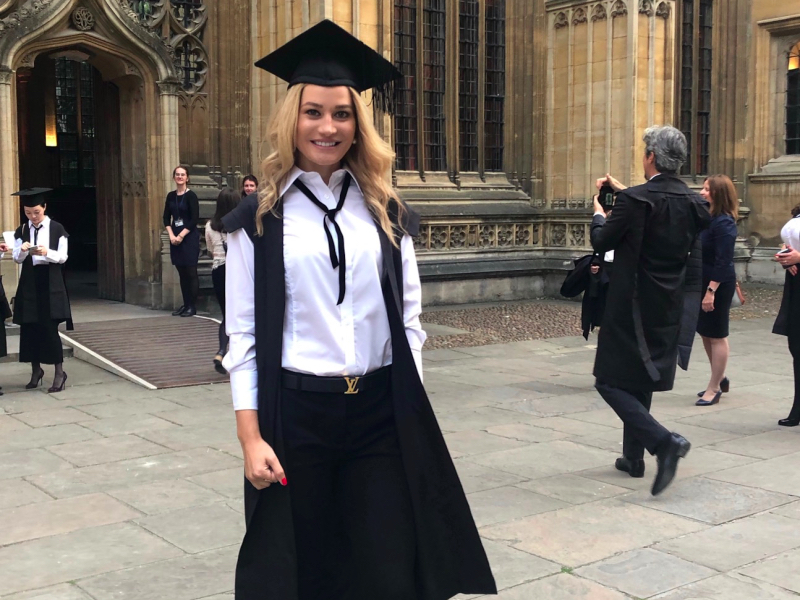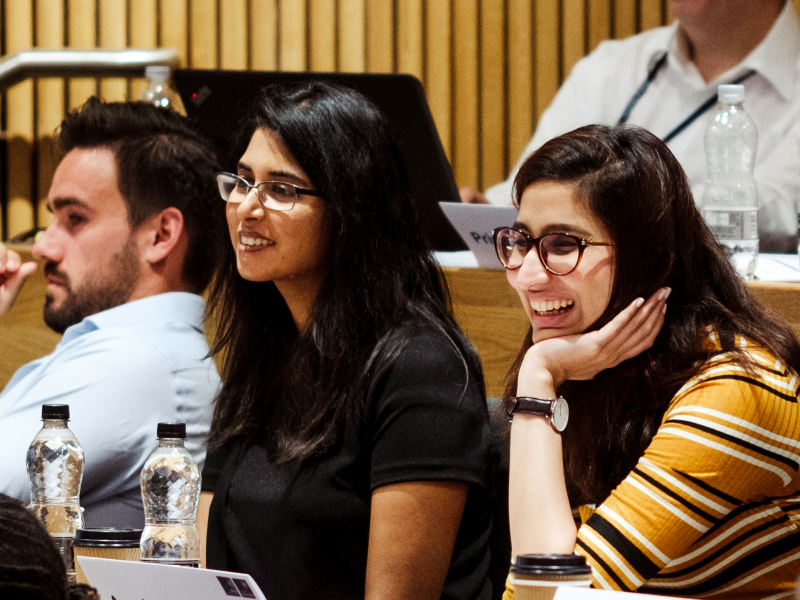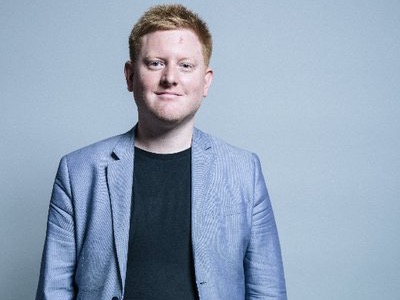Oxford and Cambridge university has been accused of “social apartheid”, after its colleges fail to offer places to black students.
Former higher education minister and Labour MP, David Lammy, has accused Oxbridge of “social apartheid”, after data was requested through a Freedom of Information request.
The figures show that 13 Oxford University colleges have failed to offer a place to any black A-level applicant over a six-year period. On average, a quarter of Cambridge University colleges failed to offer places to any black British applicants over a six-year period.
The data shows that just 1.5 per cent of all offers from Oxbridge universities’ offers went to black UK A-level students.
Speaking about the figures, Lammy said, “This is a social apartheid.”
“Overall, the picture painted by this data is of two institutions that overwhelmingly draw their students from a privileged minority in the South of England and are complacent at best about taking steps to widen participation and access.”
“Difficult questions have to be asked, including whether there is systematic bias inherent in the Oxbridge admissions process that is working against talented young people from ethnic minority backgrounds.”
Both universities have responded to the reports. Speaking to The Guardian, a spokesperson for Oxford University said that fixing the issue would be, “a long journey that requires huge, joined-up effort across society – including from leading universities like Oxford – to address serious inequalities.”
A spokesperson for Cambridge University said, “We are committed to admitting the best students who will thrive on our courses.”
“The greatest barrier to participation at selective universities for students from disadvantage backgrounds is low attainment at school.”
“We assess the achievements of these students in their full context to ensure that students with great academic potential are identified.”
“Widening participation further will require government, schools, universities, charities, parents and students to work closely together. We will continue to work hard with all parties to raise aspirations and attainment to improve access to higher education.”

